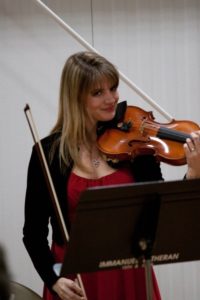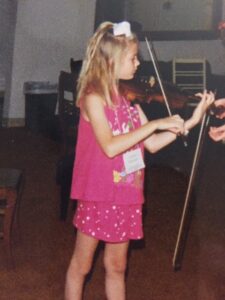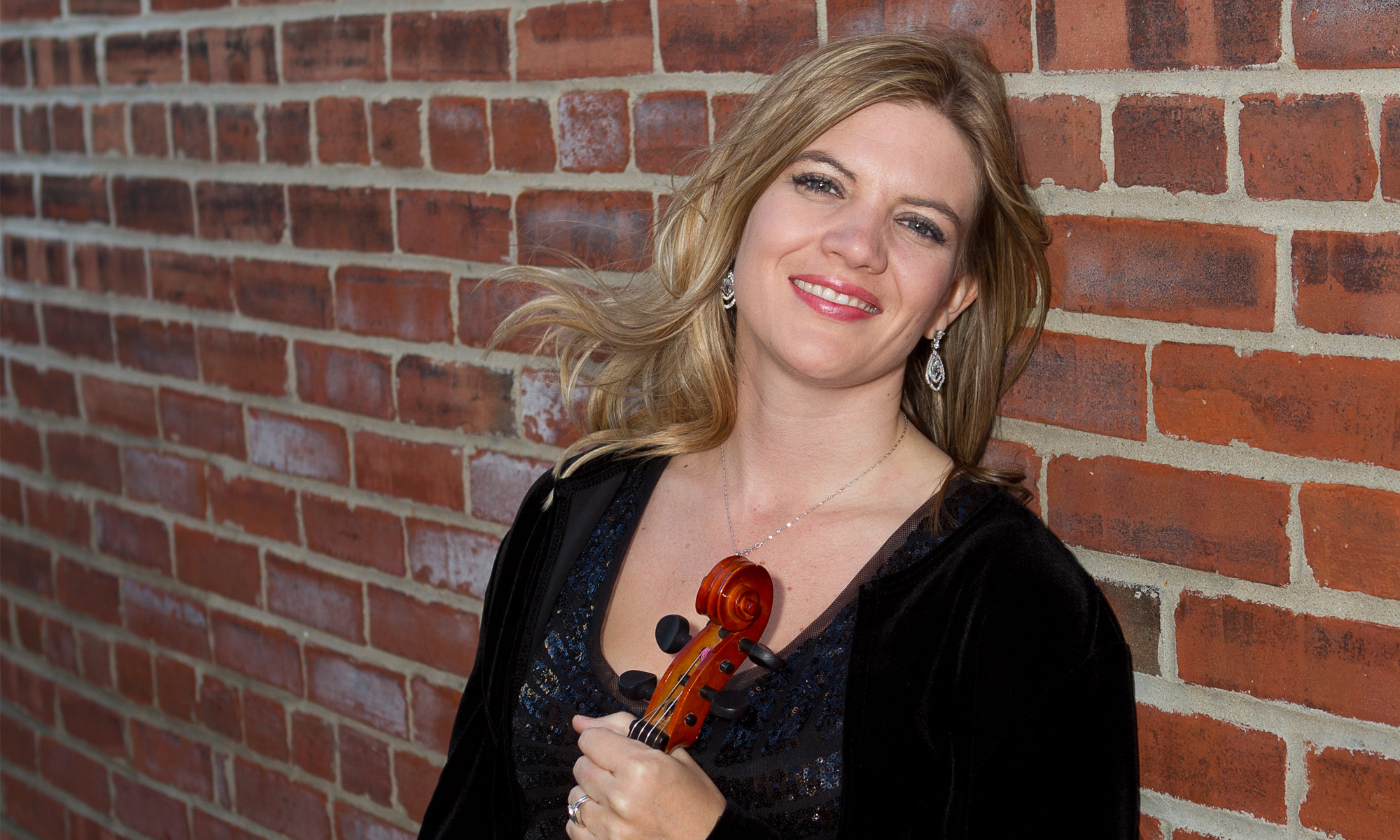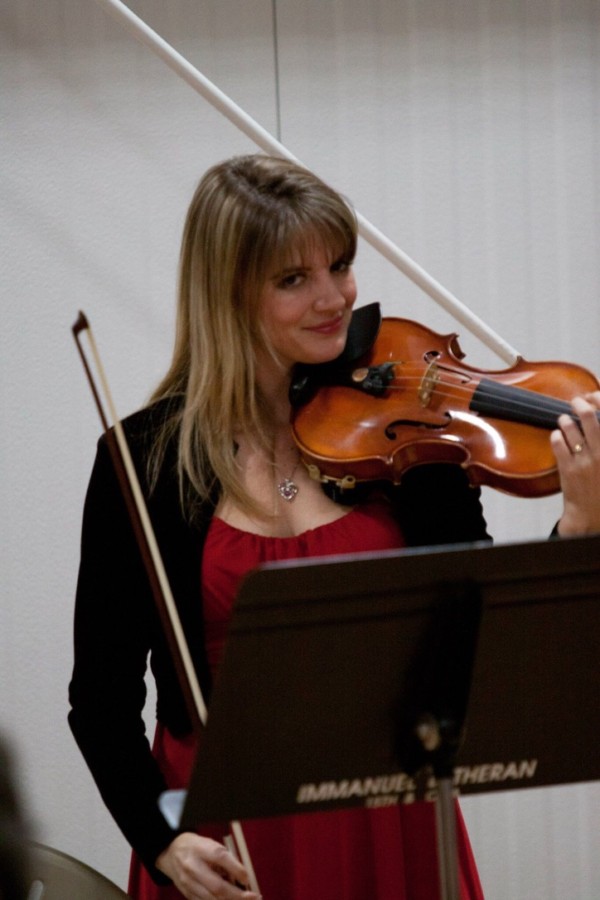
Whether you’re a veteran music teacher or just starting your studio, it’s important to consider the nuts and bolts of your business. These are the “who, what, where, when, how” questions about your studio. Those of us who’ve been in the business for awhile know several of the traps people fall into, so it’s best to address these issues before they even start. Click HERE for a copy of my studio policies.
Who: level of students/age
When you begin to teach, you may not know which age/level of students you prefer. Most teachers start out with beginners, then the students’ levels progress over time.
Andrea Miller, in her blog/podcast Music Studio Startup, interviews Tim Topham about his experience specializing in teaching teens. It’s definitely worth a listen.
I also enjoyed Andrea’s recent interview with Natalie Doughty, in which they encourage studio teachers to come up with a single word to describe their studio. Example: Natalie said she was the “Recovery Studio,” because she takes on several students who have had previous negative experiences with lessons and tries to turn their new lessons into something positive.
At this stage in my life, I would call my studio the “Do-Life-Together Studio” because I’m a mom of a young music student myself. I often use play dates as rewards for both my students and my daughter. An added plus, this gives the other parents and myself the chance to talk parenting together while the kids play. As a result, some of our best friends are my students and their families. However, this blending of professional/personal relationships may not suit all teachers/studios. Each person must decide what studio style is best for him/her.

I began violin lessons with my mother, a veteran violin teacher. After a few years, she sent me to study with my aunts for an “outside” perspective, while she still worked with me in between lessons. One of my aunts specialized in teaching younger students, from the beginning to intermediate levels. When students reached late middle school or high school, she’d send them to another aunt, a violin professor at one of the local universities. This teacher only took advanced students, as she preferred to teach hour-long lessons (or longer) in order to focus on the violin concertos.
My mother enjoys teaching a wide range of student levels, from beginners through high school seniors. She has always been dedicated to her older students and enjoys preparing them for auditions and solo competitions. However, she has a natural knack with young children, so she strives to have at least a couple of beginners in her studio. The enthusiasm of the beginners combined alongside the technical prowess of her older students provides a great atmosphere in which all students learn from each other.
What: Studio policies
Studio policies are essential in order for you and your prospective student to be on the same page regarding lessons, practice, performances, payment schedules, makeups, etc. Because my own personal needs change, as well as the needs of my studio, I re-evaluate my policies every year.

